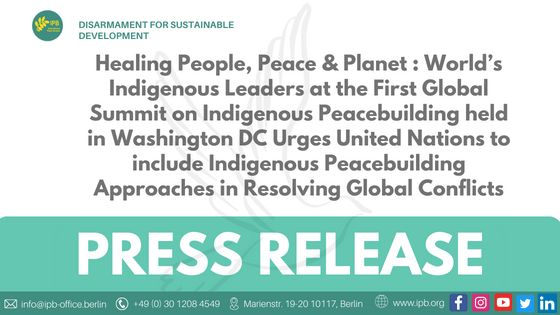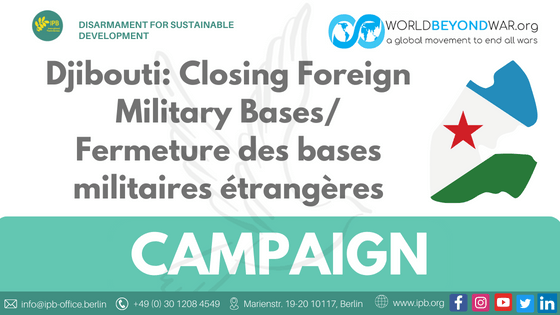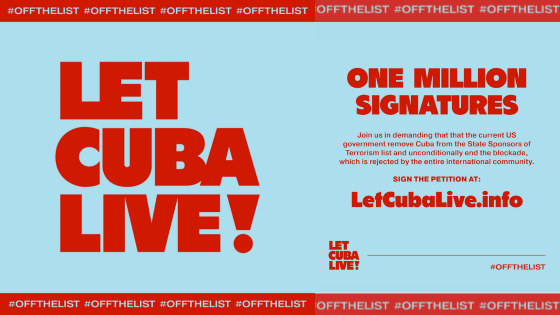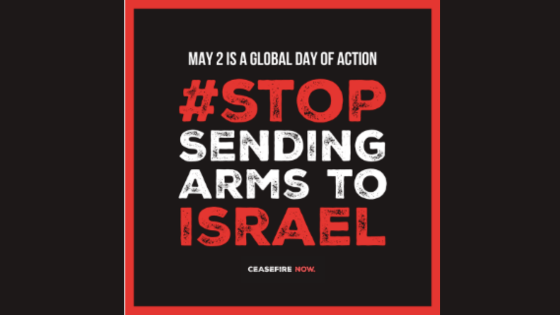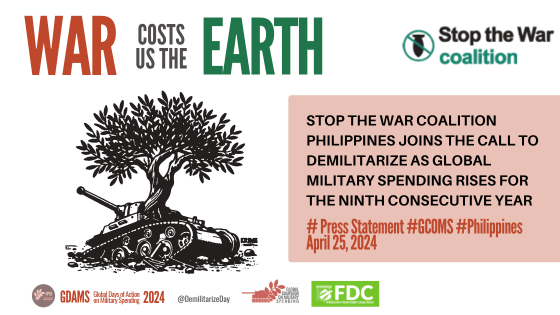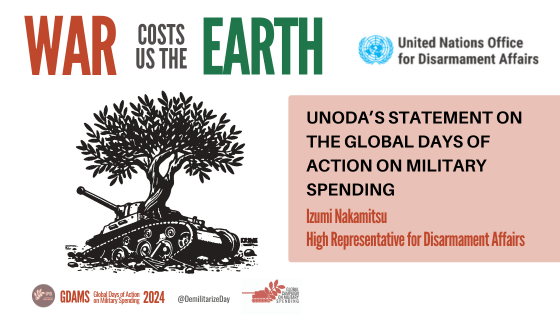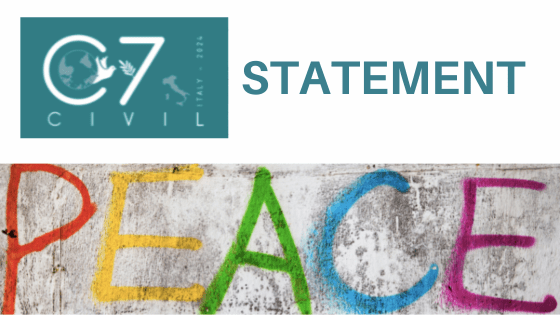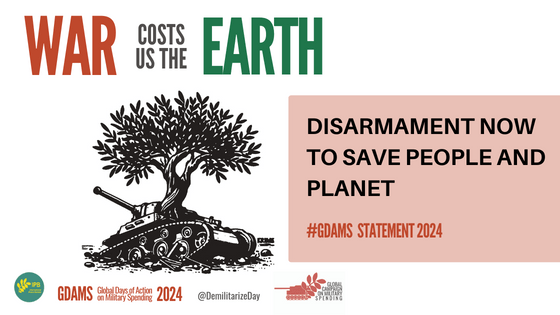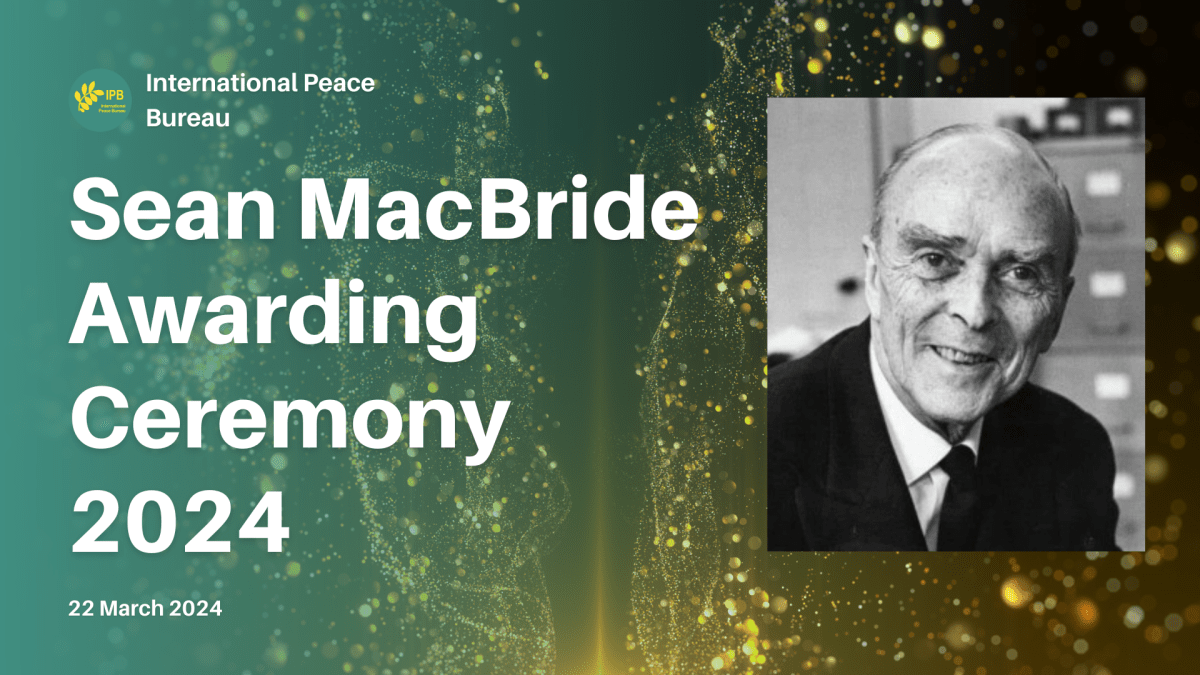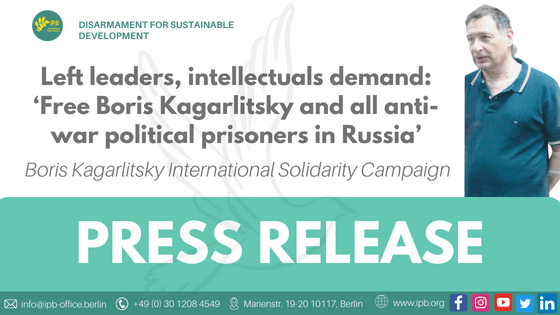FOR IMMEDIATE RELEASE
30 April 2024, Binalakshmi Nepram Mentschel
We live in a world marred by conflict. The world of today urgently needs meaningful peacebuilding that works for all. 80 percent of conflicts around the world are happening in biodiversity areas where Indigenous Peoples live.107 wars are happening in the world today, displacing 117 million. Any peace-building efforts in global conflicts must involve and include Indigenous Peoples. Peace-making efforts are currently usually negotiated at high political levels, behind closed doors, and with violent groups – where Indigenous Peoples are rarely represented.
Continue reading “Healing People, Peace & Planet : World’s Indigenous Leaders at the First Global Summit on Indigenous Peacebuilding held in Washington DC Urges United Nations to include Indigenous Peacebuilding Approaches in Resolving Global Conflicts.”
